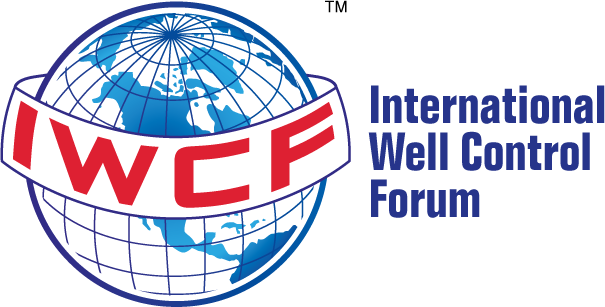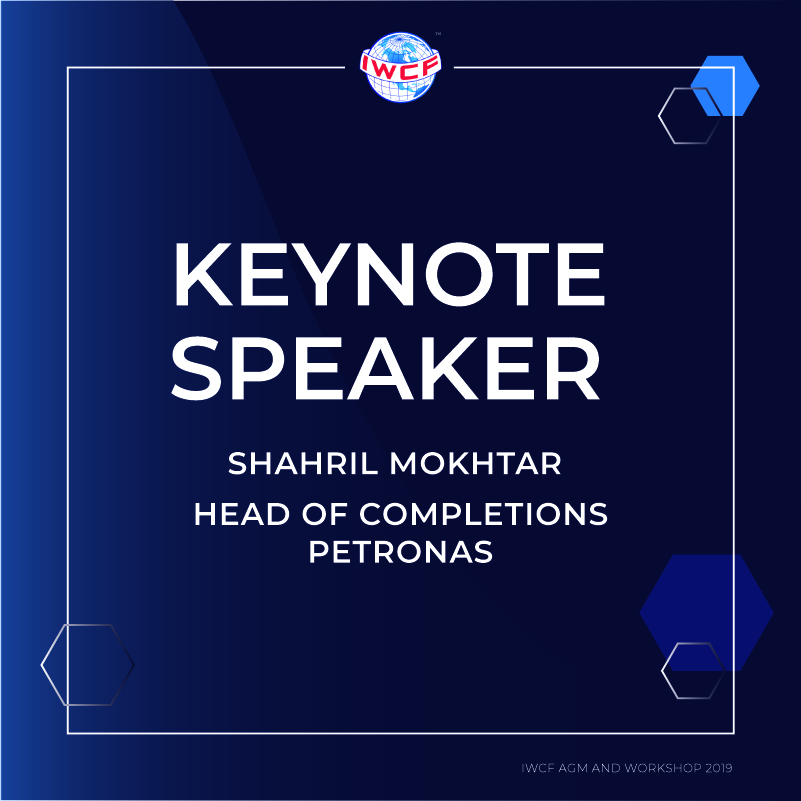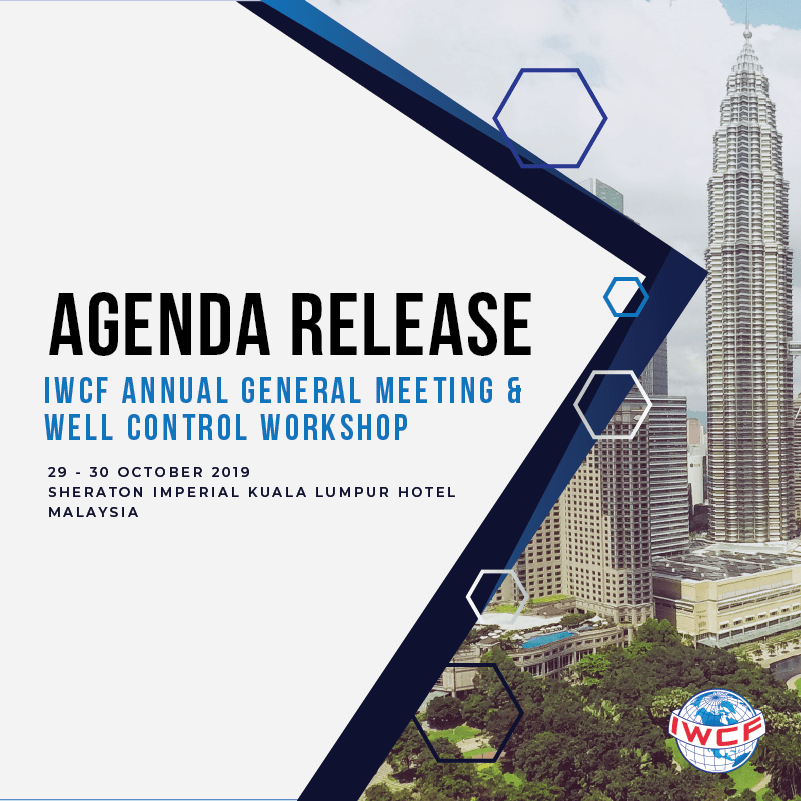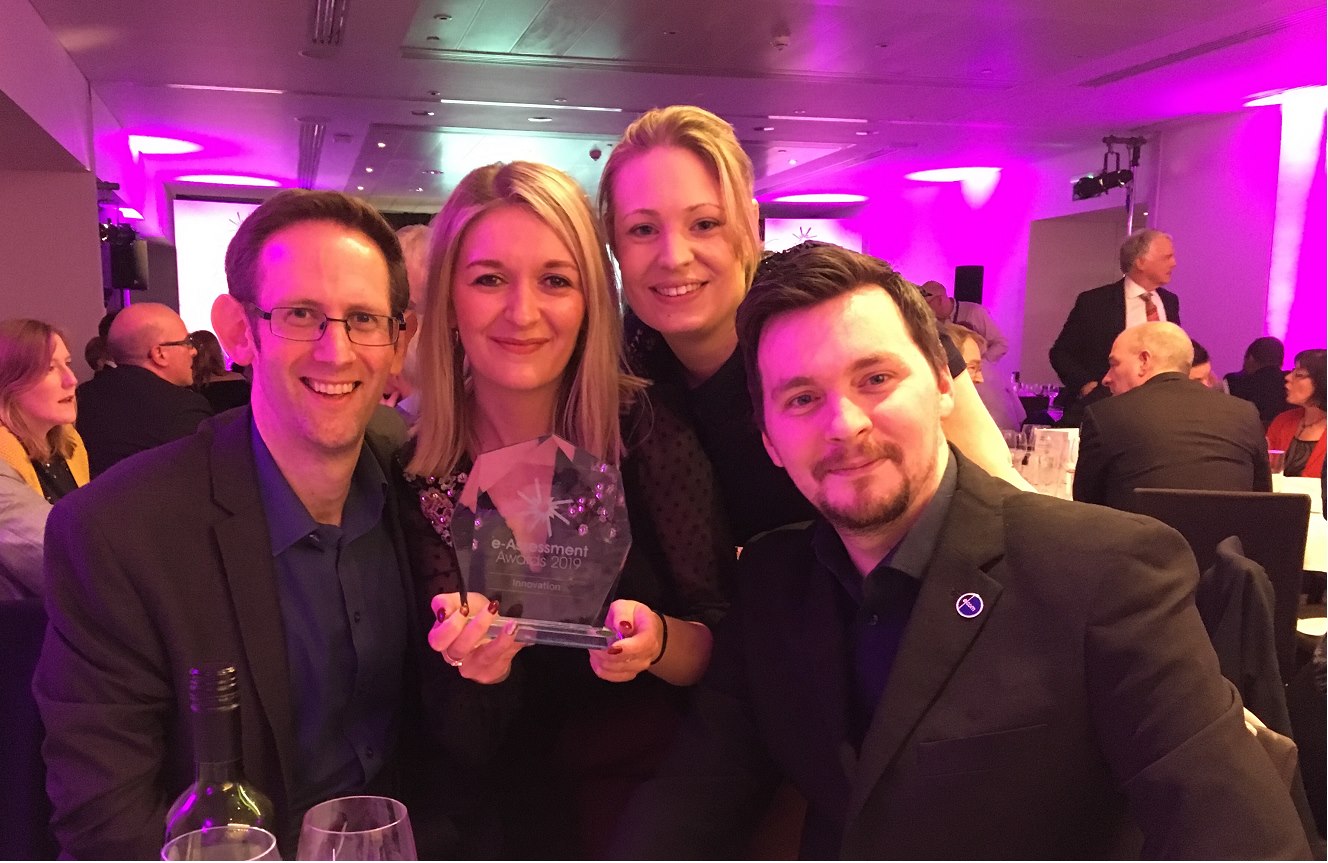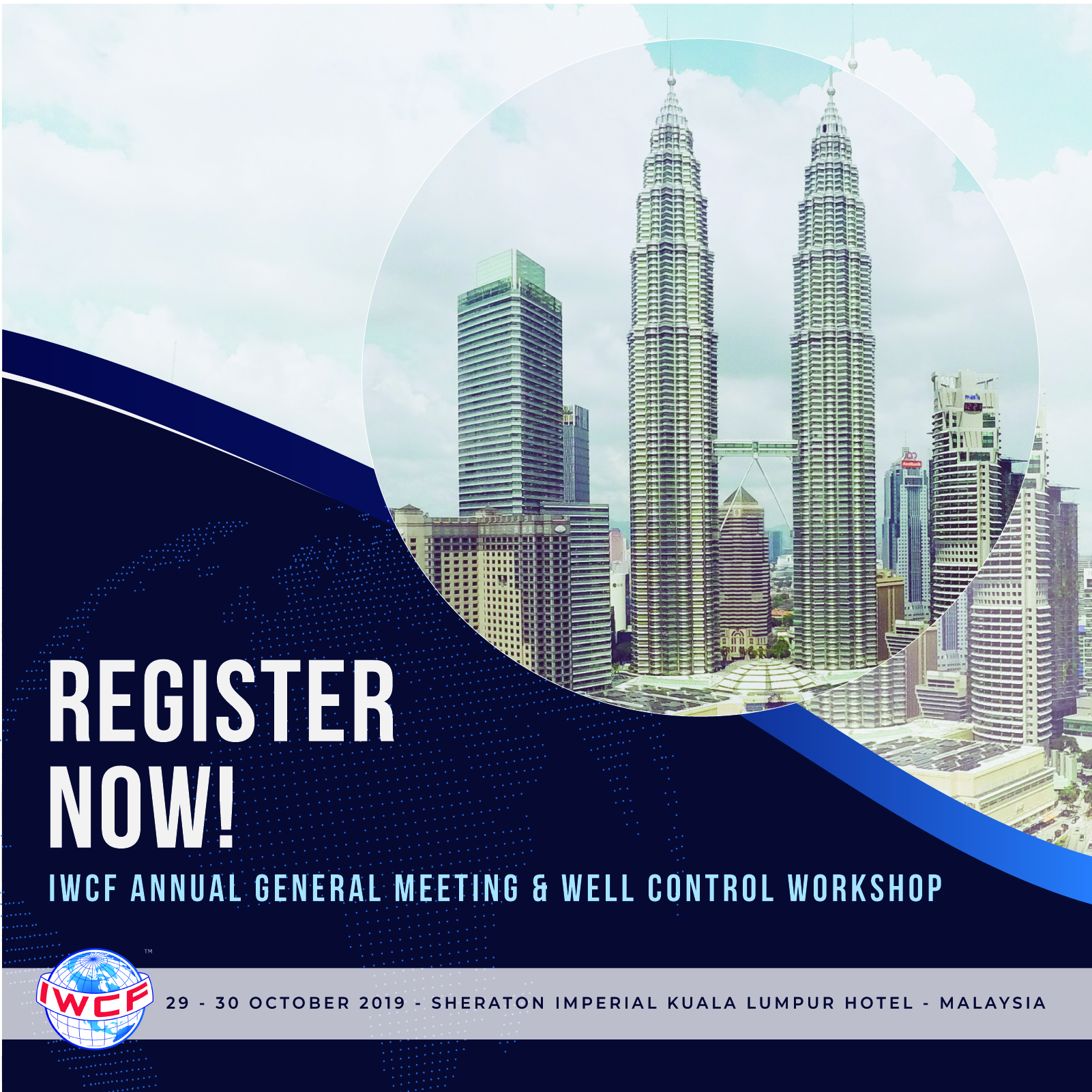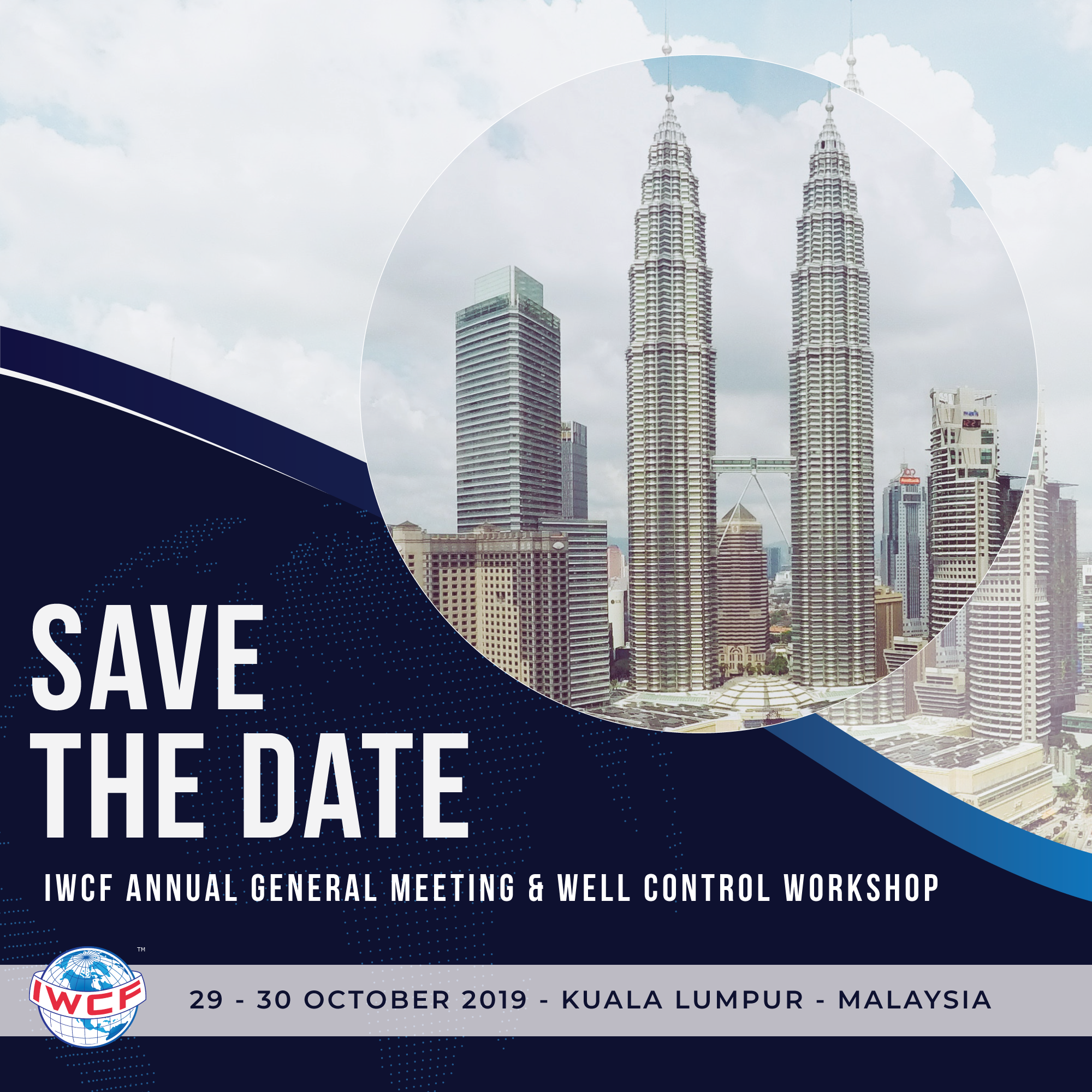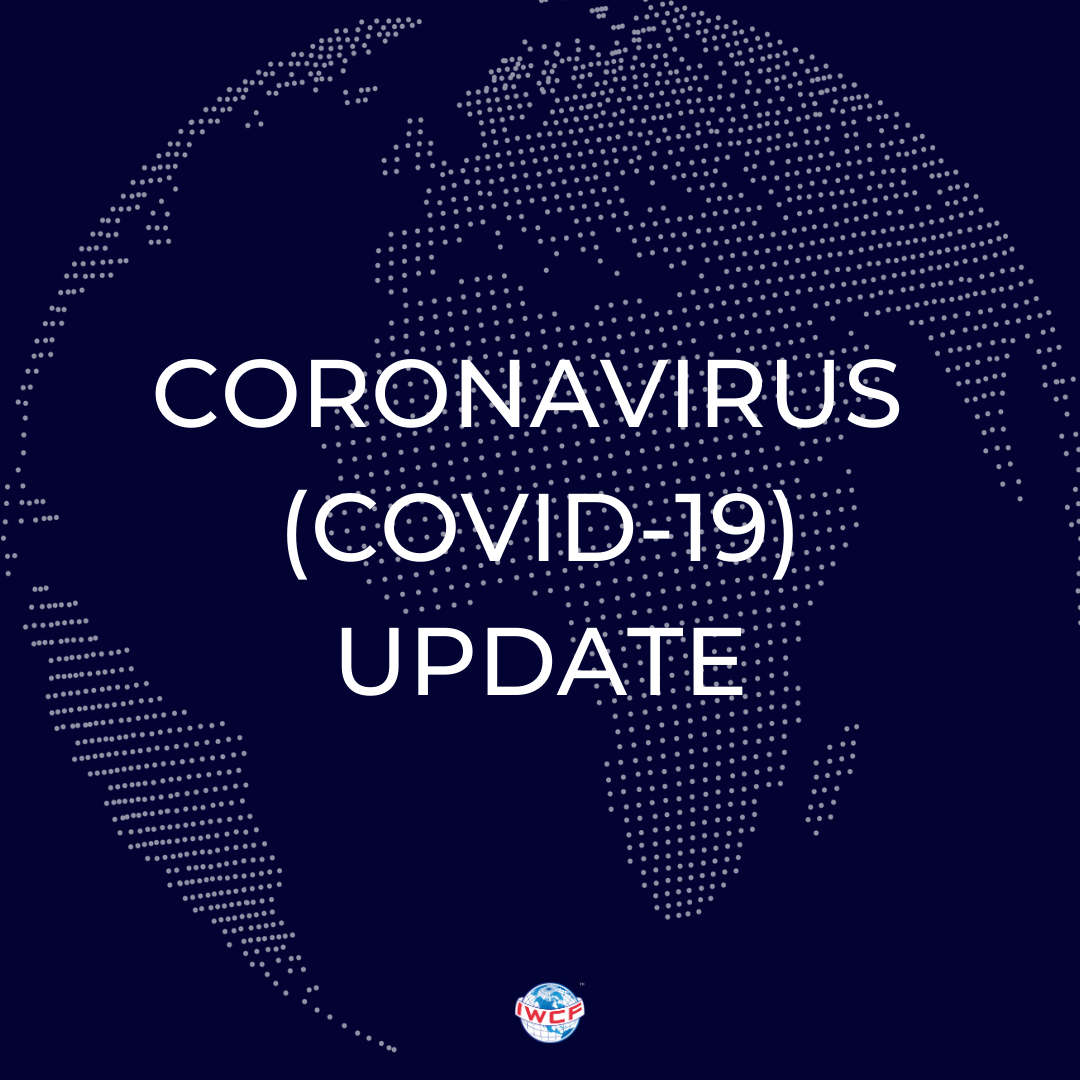
We have created a dedicated Coronavirus (COVID-19) page where all our updates will be published. You can find this on our home page, menu bar or by clicking here.
As a membership organisation and in line with our core values, the safety and well-being of our members, stakeholders and employees is a priority to us.
The Coronavirus (COVID-19) situation is fast evolving and we are continuing to monitor the situation globally to ensure we are following the very latest advice.
As we all adjust to the new precautions in place, we recognise that there will be candidates who are unable to attend training courses and assessments. In these circumstances we would like to offer the below guidance about their certification expiry dates.
For IWCF Well Control Certificates expiring between 17 February 2020 and 31 May 2020, IWCF will extend the expiry date of those certificates by 90 days. IWCF will review this decision on 01 May 2020.
Candidates – please click here to complete our short form to submit your certificate extension request.
*Edit* – Additional information on certificate extensions added 18/03/20:
Since announcing the certificate extension procedure on Friday 13th March 2020, we have received a high volume of requests which we are currently processing as quickly as possible.
Candidates will only receive a response from IWCF regarding the extension in the following circumstances:
- After completing the online form, the candidate emails certification@iwcf.org to request a confirmation letter;
- The extension request requires further investigation.
Otherwise please trust that a 90-day extension has been automatically applied to the candidate’s certification.
The availability of IWCF Assessor and Instructor Training courses will be reviewed and attendees will be contacted as necessary.
We will continue to monitor the situation and will keep you updated during this time. I would like to take this opportunity to thank you for your continued support and understanding.
If you have any questions, please contact us by emailing iwcfinformation@iwcf.org.
